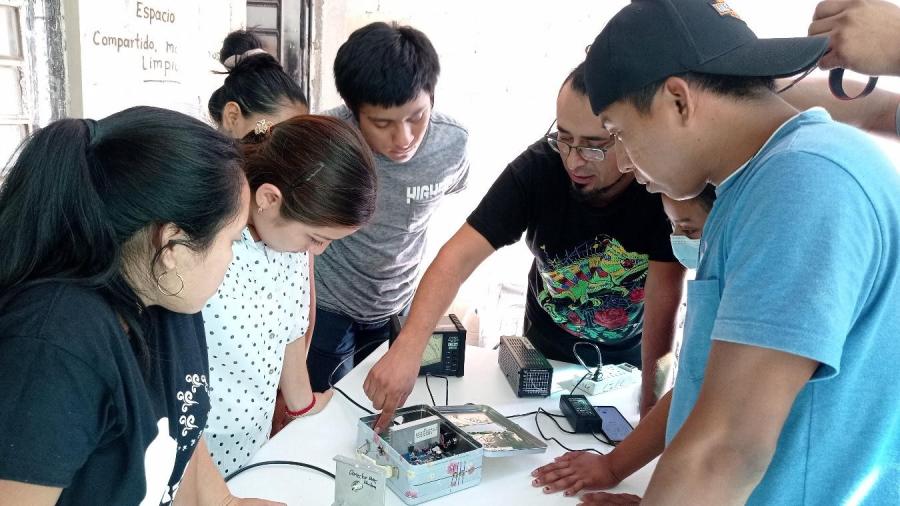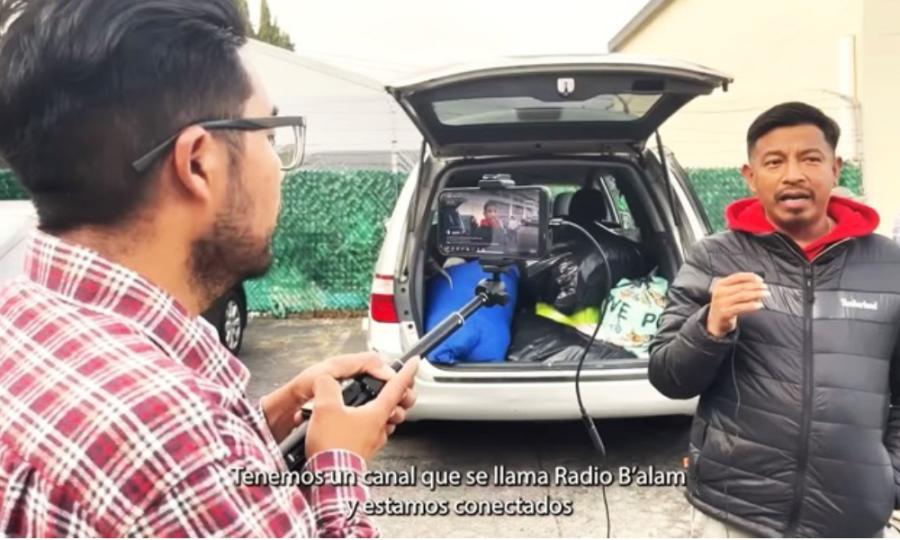
The United Nations High Commissioner for Human Rights, Prince Zeid Ra'ad Al Hussein, has urged Guatemala to respect Indigenous Peoples’ rights, especially their freedom of expression, in a letter dated the 13th of April, 2018. The letter follows on the heels of a review of Guatemala's human rights record carried out through the Universal Periodic Review (UPR). The UPR is a United Nations mechanism that allows member states to make recommendations to other states on how to improve human rights situations. It also allows states to report on their progress, along with other stakeholders like NGOs, civil society groups, and Indigenous Peoples.
Cultural Survival is one of many organizations that submit information and recommendations to the states being reviewed under the UPR. In 2017, Cultural Survival joined a coalition of grassroots and international organizations in submitting a UPR report on Guatemala, detailing its continued violations of Indigenous Peoples’ human rights and offering recommendations to improve the situation, with specific focus on freedom of expression, the safety of journalists, and the specific right of Indigenous Peoples to their own forms of media in their own languages. Indigenous communities across Guatemala have embraced that right through the use of community controlled local radio stations, but continue to face repression from the Guatemalan government for doing so.
The letter from the High Commissioner echoed these concerns, urging Guatemala to protect human rights defenders and journalists, who are at increasingly high risk of attack. As part of his recommendations for improving journalism and reigning in censorship, the High Commissioner urged the adoption of Bill 4087. Cultural Survival recommended that Guatemala “urgently approve Bill 4087, Ley de Medios de Comunicación Comunitaria” as well, because the Bill authorizes one community radio station in each municipality. In fact, during the last visit of a UN High Commissioner for Human Rights to the country, in 2012, Cultural Survival staff-member, and member of the Mam Maya, Rosendo Pablo Ramirez presented an intervention on behalf of passing Bill 4087. It would be an important step for free speech because community radio is currently repressed in Guatemala. Community radio would allow Indigenous communities access to information that is important to them and available in their own languages. Without Bill 4087, community radio stations face government raids and shutdowns and the Indigenous operators of such radio stations face arrest.
Using the criminal justice system, such as raids and arrests, against journalists and human rights defenders is another common tactic employed by the Guatemalan state, one that the High Commissioner asks that Guatemala put an end to. He notes specifically that the criminal justice system is used to threaten those engaged in the defense “of indigenous people's rights, particularly in the context of hydroelectric and mining projects.” He asks that all journalists who were arrested for their work be released, and that they be protected from future harassment.
The High Commissioner dedicated several recommendations to the human rights status of Indigenous Peoples. He urged that Guatemala work to oppose discrimination against Indigenous Peoples, particularly on a structural level where Indigenous people are systematically kept from exercising their rights. On a similar note, he pointed out the structural discrimination against Indigenous women in the form of continued disenfranchisement and lack of representation in government.
In particular, the High Commissioner stressed land rights and Indigenous People's right to "effective consultation processes" in decisions regarding traditional lands. Once again, his letter echoed Cultural Survival’s UPR report, but stopped short of demanding the Free, Prior Informed Consent of Indigenous Peoples be taken into account. Cultural Survivals recommendation to Guatemala urged the state to “implement a legislative framework for an appropriate and meaningful consultation procedure that will ensure genuine, Free, Prior and Informed Consent of Indigenous Peoples in land disputes.” The High Commissioner suggested a legal framework to recognize Indigenous Peoples’ lands and to prevent land conflicts with farmers or interests in large scale economic projects.
By Josamine Bronnvik


